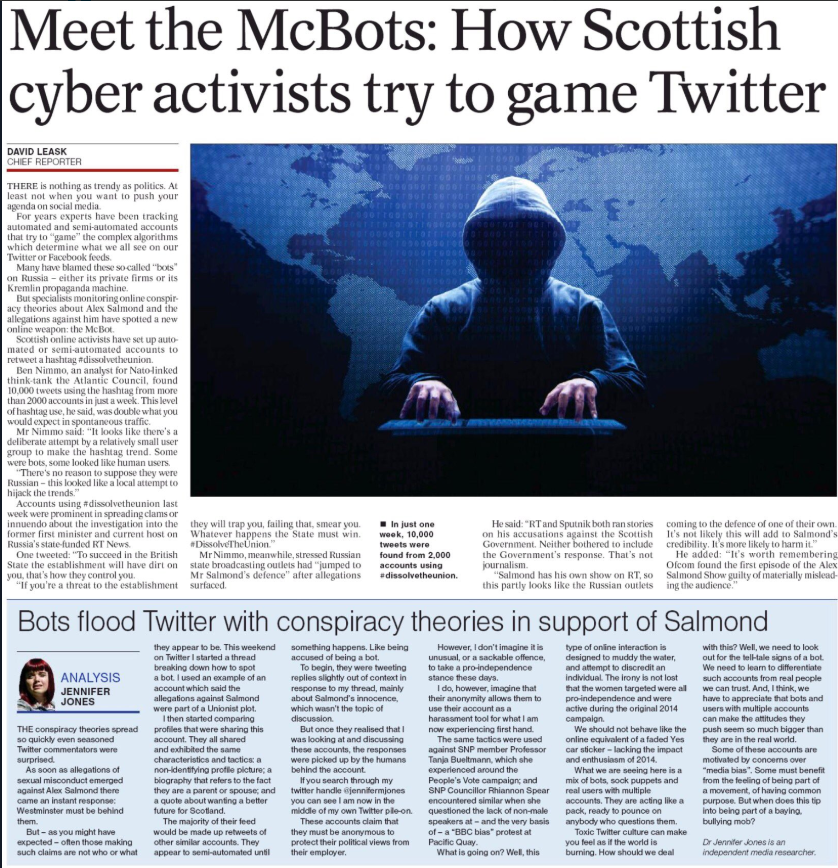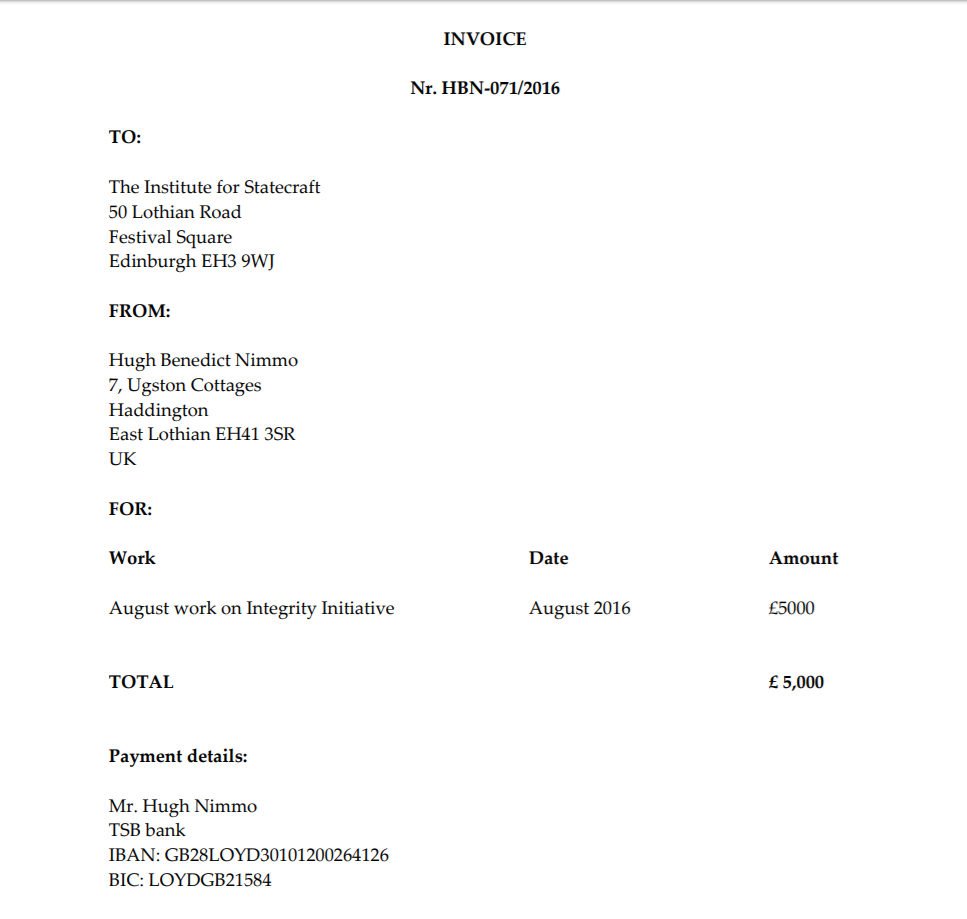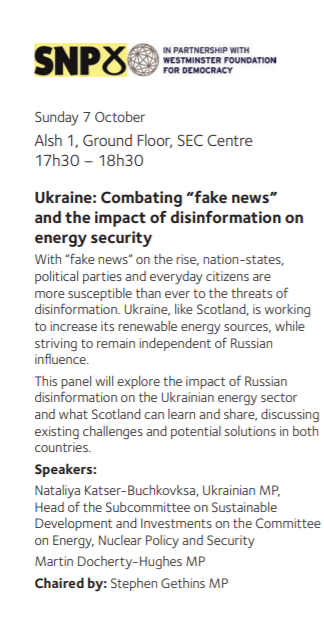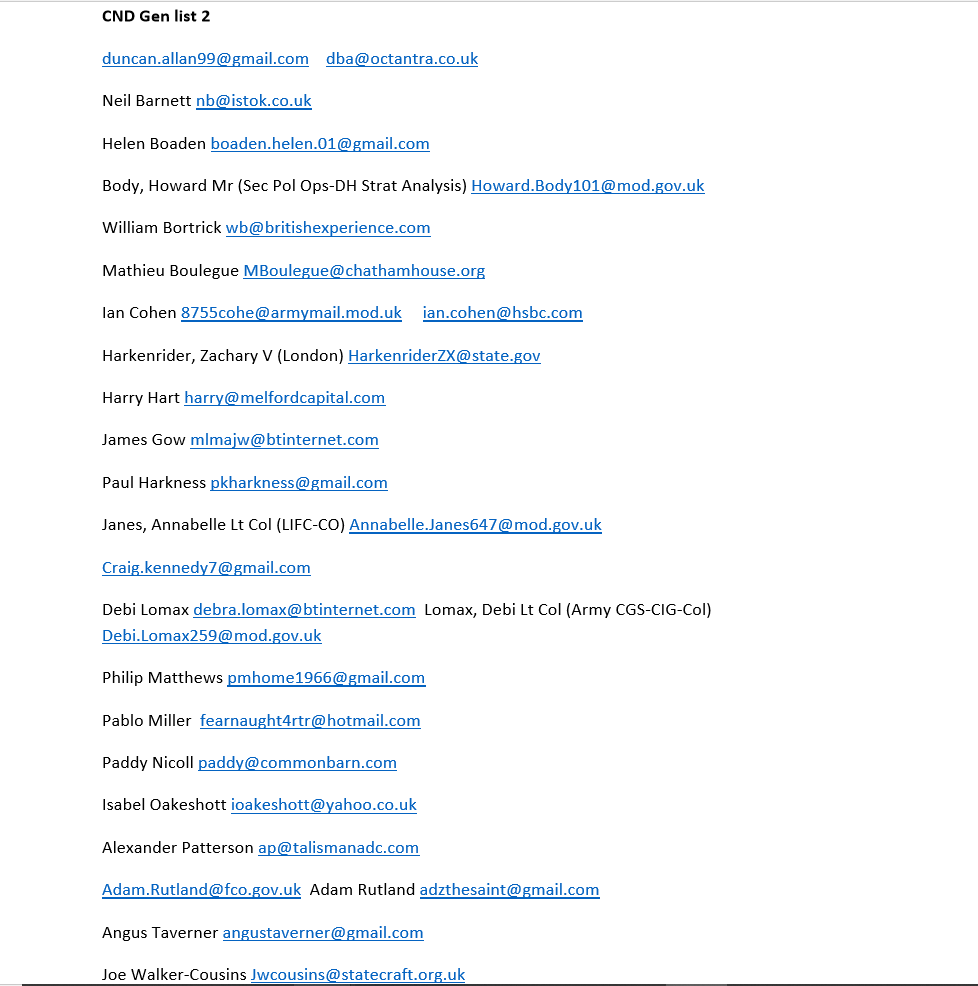Gdansk
Writing about your personal demons for the public is seldom a good idea, and it is a particularly bad idea when you are starting at 3.40am as they are haunting you. We are spending Hogmanay in the beautiful city of Gdansk. It is my first time here for over twenty years, but the city has remarkable memories for me.
In November 1994 I was newly arrived as First Secretary at the British Embassy in Warsaw when a fatal fire occurred at the famous shipyard, in a hall being used for a rock concert tied in to a MTV transmission. The fire doors were all padlocked shut, and the heat had reached such intensity that a flash fire had occurred right across the hall. Miraculously only five people had died immediately, but hundreds had been horrifically burnt or suffered fume inhalation and the hospitals were completely overwhelmed.
Within hours of the fire I was dispatched to Gdansk by our dynamic Ambassador and found myself on a train heading North with only a Motorola mobile phone the size of a large brick (1994) and a phone number for DFID, in those days a part of the FCO and known as ODA. I roused from his London bed the official in charge of emergency assistance, Mukesh Kapila, and he instructed me to get a list from the medical authorities of all the supplies required. He explained that major burns required large volumes of consumables by way of ointments and special gauzes and bandages.
Arriving in Gdansk I very soon discovered that the victims were dispersed round several hospitals and there was no central authority able to produce a list of requirements. Poland was still in the early stages of a shock transition from communism and elements of administration were shaky at the best of times, let alone in a large scale emergency. The only way to make any progress was for me physically to go to every hospital and every concerned ward, buttonhole the doctors there and ask them what they needed.
To say they were swamped would be ridiculous understatement. Victims were everywhere, very many critical, and in some places bleary-eyed doctors literally had nothing – creams, bandages, painkillers, saline drips all exhausted. Meeting many doctors, when I told them I could get anything sent out instantly, the reaction ranged from angrily incredulous to massive bear hugs.
It was of course difficult. In 1994 Polish medical practice differed quite sharply from British. There were language barriers; my as yet basic Polish lacked medical vocabulary. And I had to keep interrupting incredibly busy people. But after the first couple of hospitals I was able to extrapolate and phone through to Mukesh the most obviously urgent items, and by the end of the day I was clutching 16 handwritten lists and could sit down to consolidate them.
But I have not described to you what it was like to go round those wards. I really cannot – it was indescribable. Horribly disfigured people screaming and writhing in pain, begging and pleading for any relief, even asking to die. And the worst thing is, they were all teenagers – the average age seemed about 16. One image I shall never forget was of a girl sitting bolt upright in bed, looking calm, and I recall thinking that at least this one is OK. But I had seen her right profile and as I passed her, the left side of her face was literally skeletal, with a yellow blob for an eye, no skin and just the odd sinew attached to the bone. Her calm was catatonic.
But in a way still worse were two girls who looked perfectly healthy, lying on top of their beds apparently in an untroubled sleep. The doctor told me that they were already brain dead, having inhaled cyanide gas from the combustion of plastic seating. The mother of one of them was there and she pleaded with me to tell the doctor not to turn off the ventilator; the poor woman was crazed with grief and pulling at her hair, which was dyed red. I can still recall every detail of the faces of both mother and her still daughter.
I called in every day for a week or so and sat with the mother a few minutes, in silence. Then one day they were gone; the doctors had switched off the ventilator.
Andrze Kanthak, our Honorary Consul, was a fantastic support and worked extremely hard throughout this period – but as we walked together into the first ward, Andrze simply fainted straight out at the sight of it all. That evening we had hardly finished consolidating my 16 lists and sending them off to Mukesh when news arrived that the first shipment of most urgent supplies was arriving at Gdansk airport, and we dashed off there with a lorry from the City Council.
It was a bitter disappointment. Customs refused to release the medicines until duty had been paid and, still worse, everything would need to be checked and certified by the food and drug administration, which could take weeks. All my fury at the self-satisfied officials was of no avail, and we returned temporarily baffled.
A phone call now came that DFID had chartered a flight to arrive the next day with 20 tons of medical supplies, so the situation was now critical. Walesa was now President and I suggested we contact his office, but Andrze advised we should rather recruit Father Jankowski.
Jankowski was the parish priest in Gdansk who had been integral to the Solidarnosc movement, and at that time he wielded enormous political influence. His home was extraordinary for a parish priest – literally palatial – and when I met him there the next day he readily agreed to help. He came to the airport with us as the chartered cargo flight arrived, and supervised the loading into the council lorries which I dispatched to the various hospitals. A tall imposing figure in a flowing black cassock, the customs officials who had blocked us obeyed him without question.
Things calmed down over the next few days, Mukesh Kapila himself came out, and the hospitals once supplied performed brilliantly. Astonishingly, from hundreds of cases of severe and extensive burns, with scores in intensive care, we lost nobody except the two girls who were already brain dead, bringing the final death toll to seven. The incredible survival rate was viewed as a miracle, and perhaps it was, but it was a miracle assisted by some fantastic doctors, by Mukesh Kapila and his staff, by Father Jankowski, by Andrze Kanthak and by the Secretary of Gdansk Council whose name (Janowski?) has slipped my mind, embarrassingly as the experience made us firm friends for a long while.
But I am afraid to say the personal impact on me was quite severe. It is no secret that I struggle against bipolar disorder, and the sheer horror of those days in the wards undoubtedly triggered me for quite a while. I also suffered recurrent nightmares for more than a decade, about the horrific burns but also about the brain dead child and the mother tearing her hair. Worse than the nightmares were the waking flashbacks, not so much visual as emotional, experiencing the feeling of it happening again.
When I got back to the Embassy nobody was very interested in what I had been doing. I was ticked off for returning a day late and also for not obtaining much media publicity for the UK’s role. I have written before that one of my frequent duties in Poland was to conduct high profile visitors around the concentration camps, a visit all British politicians wish to make. Those places filled me with horror, which resonated on the same emotional frequency as the Gdansk trauma. Those frequent visits made my time in Poland difficult to me, which is a shame as it is a delightful country and people.
Back here now as a tourist, with my family and at a festive time, no troubling memories are assailing me. I find I can now be proud of what we did, rather than ashamed at my emotional reaction afterwards. And I can’t quite tell you why, but I felt it should be recorded.
Finally, it is worth noting that this Gdansk experience was one of a number which led me immediately to understand that the famous BBC report on “Saving Syria’s Children” was faked. The alleged footage of burns victims in hospital following a napalm attack bears no resemblance whatsoever to how victims, doctors and relatives actually behave in these circumstances.
—————————————————
Subscriptions to keep this blog going are gratefully received.
Choose subscription amount from dropdown box:



